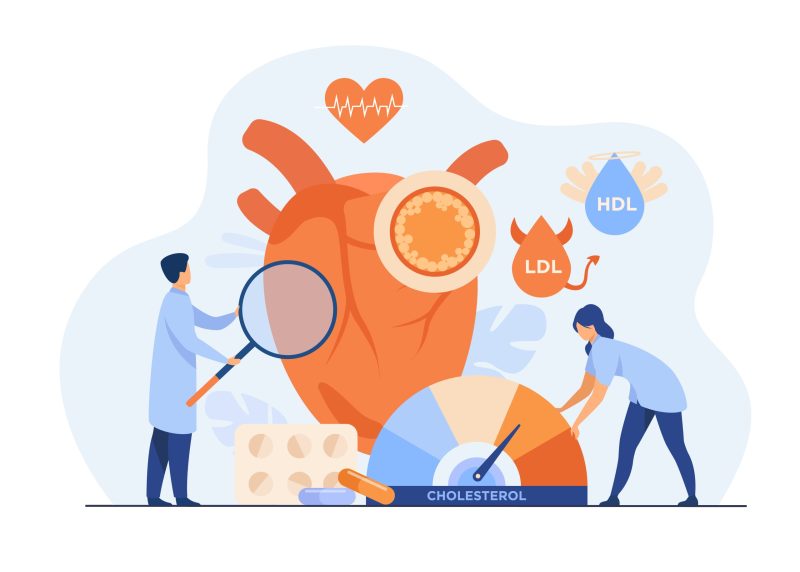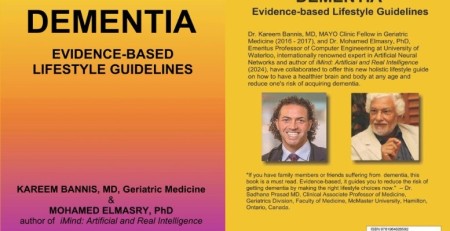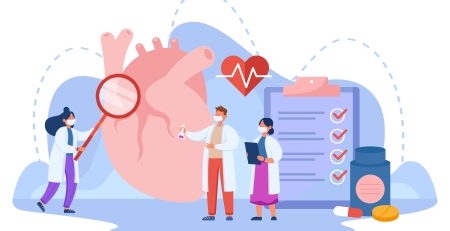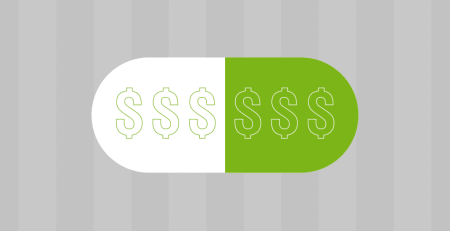Optimizing Cholesterol Management, Medication Timing and Lifestyle Choices
Cholesterol management is a critical aspect of maintaining cardiovascular health, and for many individuals, statin medications play a crucial role in achieving target cholesterol levels. Beyond the prescription itself, recent research has explored whether the timing of statin intake may impact their efficacy. There have been recent studies on the optimal time of day for taking cholesterol medications, as well as important considerations related to diet and exercise when using statins. Here’s the breakdown.
The Timing Conundrum:
Numerous studies have investigated whether the timing of statin medication intake influences their effectiveness. While results have been mixed, a 2021 meta-analysis published in the Journal of Cardiovascular Pharmacology and Therapeutics suggests that taking statins in the evening may offer slight advantages in lowering LDL (low-density lipoprotein) cholesterol levels. This is thought to be linked to the body’s natural circadian rhythm and the peak production of cholesterol during the night. However, it is essential to note that the overall impact may be marginal, and individuals should consult their healthcare providers before altering their medication schedule.
Diet and Statin Interactions:
Beyond timing, diet plays a pivotal role in cholesterol management for individuals taking statins. Certain strains of statins may interact with specific foods, impacting their absorption and efficacy. Grapefruit and grapefruit juice, for instance, can inhibit the enzyme responsible for breaking down statins in the body, potentially leading to increased drug levels and a higher risk of side effects. It is crucial for individuals on statins to discuss their dietary habits with their healthcare providers to minimize such interactions.
On the other hand, dietary choices rich in omega-3 fatty acids, such as fatty fish and flaxseeds, have shown potential benefits in combination with statin therapy. These heart-healthy fats may complement the lipid-lowering effects of statins, providing a synergistic approach to managing cholesterol levels.
Exercise and Statin Synergy:
Regular physical activity is a cornerstone of cardiovascular health, and its synergy with statin therapy is well-documented. Engaging in aerobic exercises, such as brisk walking, jogging, or cycling, can contribute to improved cholesterol profiles. Additionally, exercise may enhance the overall cardiovascular benefits of statins, further reducing the risk of heart-related complications.
Strains Affected by Diet:
It’s important to recognize that not all statins interact with diet in the same way. For instance, atorvastatin and simvastatin may be more susceptible to dietary interactions, while pravastatin and rosuvastatin tend to have fewer food-related concerns. However, individual responses may vary, reinforcing the necessity for personalized healthcare guidance.
Cholesterol management involves a multifaceted approach, and statin medications play a pivotal role in achieving optimal outcomes. While the timing of statin intake may offer incremental benefits, individual responses can vary. A holistic approach that considers both diet and exercise is crucial, with special attention to potential interactions between specific statins and dietary components. As always, individuals should consult their healthcare providers for personalized advice, ensuring that their cholesterol management plan aligns with their unique health profile and lifestyle.









